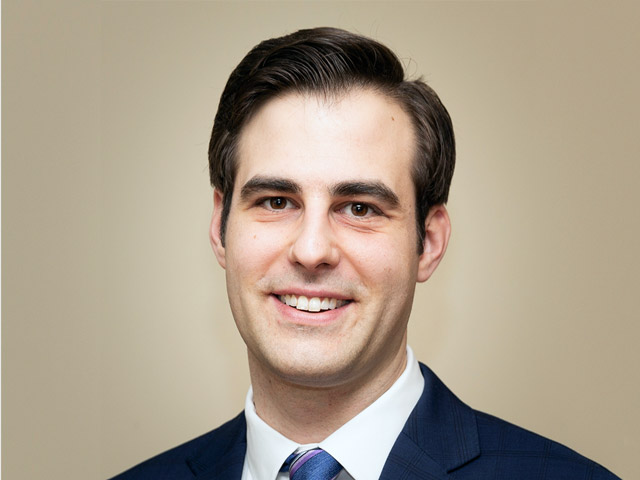New Faculty Profile: Darius Rackus

Darius Rackus
Analytical chemist and former Banting Postdoctoral Fellow, Darius Rackus, joins the faculty this year. He brings knowledge and research experience that blends across biology and chemistry.
What exactly is miniaturization, in everyday language?
It’s basically building very small tools for use in chemistry and biology. For example, a lot of cell biology is done on hundreds to thousands of cells growing in a petri dish. Here’s the limitation: when we study groups of cells, we only see the average data. But with miniaturization, we can shrink down the tools we use, and do experiments on individual cells. This allows us to catch anomalies and outliers that come from individual cells.
It’s very applied and highly interdisciplinary. I work with engineers, chemists, and biologists to make miniature labs where we can study one or just a few cells, or make measurements from really small samples, like something the size of a teardrop or finger-prick of blood. Right now, the most obvious application is rapid, portable diagnostic tests that are non-invasive and can give an accurate result with a minimum amount of sample.
You’re currently working on both an industry and governmental collaboration?
Yes, I’m eager to work on translating our ideas out of the laboratory. One current Mitacs-funded project involves an Ontario-based start-up company. We’re developing an at-home diagnostic and screening platform.
I’m also involved in a collaboration with fellow Ryerson professors Dustin Little and Scott Tsai. We’re developing tools to screen for COVID-19 immunity and we’re informally working with government partners on this project.
Tell us about your vision for science students at RU?
I want to keep transforming the curriculum in chemistry, from learning ideas to really putting them into practice. To that end, I’m working on developing a course that will bring together chemistry and engineering, and I really want to make it one of those courses that students don’t want to miss out on.
Not every undergraduate plans to go into research or graduate school, but by the end of their degree, I want them to realize that they’re engaging with ideas at the forefront of science. Thus, I plan to use the latest research and literature in my teaching, and move students away from textbooks.
Word has it you’re quite the gourmand?
Yes, I really enjoy taking on culinary projects! Whether it’s basic recipes or undertaking a long, 18-hour smoke on the barbecue, I like learning about food and the processes that transform simple ingredients into something delicious. It’s also a great way to learn about other cultures. As a postdoctoral researcher in Switzerland, I had tried my hand at making a few local dishes — although they mostly just consisted of melted cheese! The best part about this hobby is that there’s always something delicious to enjoy at the end of the whole process.
What’s one thing people would never guess about you?
Most people might be surprised to find out that I used to conduct one of the university orchestras as an undergraduate, and that I also had a ceilidh band (Scottish barn dancing) and played at parties and weddings.